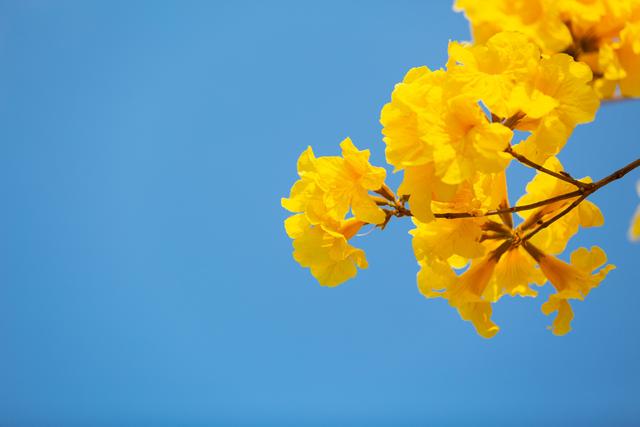
husbandn. 丈夫 v. 节约地使用(或管理)
The word husband comes from the Old Norse hūsbōndi, where hūs meant house and bōndi meant dweller.
husband 由古挪威语hūsbōndi演变而来, hūs是house的意思,bōndi是dweller(居住者)。
合起来就是“房子里的户主”、“一家之主”的意思。
As a verb, husband means to conserve resources and use them frugally.
作为动词,husband的意思是节约资源,节约使用。

《剑桥词典》
Because of the flooding in the area, roads are cut off and everyone is being asked to husband their supplies.
由于该地区遭遇洪水,道路被切断,每个人都被要求节约物资。
This conservation of resources sense of husband also occurs in the related noun husbandry.
husband的这种资源节约的意思也与其相似词husbandry(畜牧业)有关。

husbandry
n.(尤指精心经营的)农牧业
Long before husbands were hen-pecked guys who cut the grass on weekends and played with the kiddies after school, they were robust men of the Earth — farmers, in other words.
早在丈夫们成为周末割草、放学后陪孩子们玩耍并且怕老婆的男人之前,他们已是地球上强壮的人了——换句话说,也就是农民。
Today, you most often hear of "crop husbandry", which refers to raising crops; however, if you practice toad husbandry — you must be raising toads.
今天,你最常听到的是“crop husbandry(作物栽培)”,指的是种植作物;然而,如果你从事蟾蜍husbandry,那么就是说你一定是在饲养蟾蜍。

husbandry指的就是
“the care, cultivation and the breeding of crops and animals”
对农作物和动物的照料、栽培和繁殖
crop husbandry 种植业
animal husbandry 畜牧业
dairy husbandry 乳牛业
husbandman
n.<古>庄稼、农夫
(archaic) a person who cultivates the land; a farmer
耕种土地的人;一个农民
Fan Ch'ih requested to be taught husbandry, the Master said,"I am not so good for that as an old husbandman."
樊迟请学稼,子曰:“吾不如老农。”

好啦,今天的小知识点,你学会了嘛?
,




